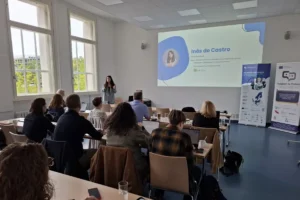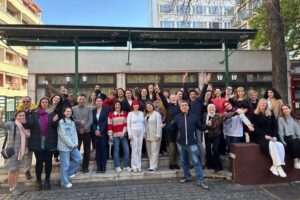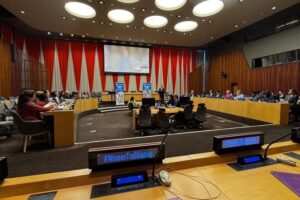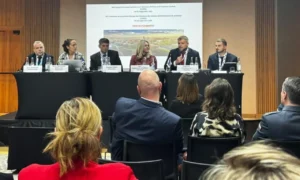The 2024 edition of the Open Day on Innovation and European Cooperation Projects, organised by the Portuguese General Directorate of Reintegration and Prison Services (DGRSP), IPS_Innovative Prison Systems, and Aproximar, provided a dynamic platform for sharing ideas, advancing innovation, and strengthening cooperation within the prison sector.
Opening this event held on December 18th, Dr Orlando Carvalho, Director-General of Reintegration and Prison Services, emphasised the importance of national and international cooperation to drive innovation in prisons and called for stronger partnerships with social organisations, academia, and private entities for sustainable impact. On the same register, Dr. Jorge Monteiro, Head of the Centre for Studies, Research, and Planning, underlined the event’s role in showcasing results and fostering debate for the development of innovative solutions.
Tiago Leitão, CEO of Aproximar, shared examples of projects the organisation develops in cooperation with the Criminal Justice sector across in various prison establishments in the country.
Complementing these perspectives, Pedro das Neves, CEO of IPS, reflected on over two decades of fruitful partnership between IPS and DGRSP, emphasising its positive impact on both IPS’ growth and the modernisation of the Portuguese justice system.
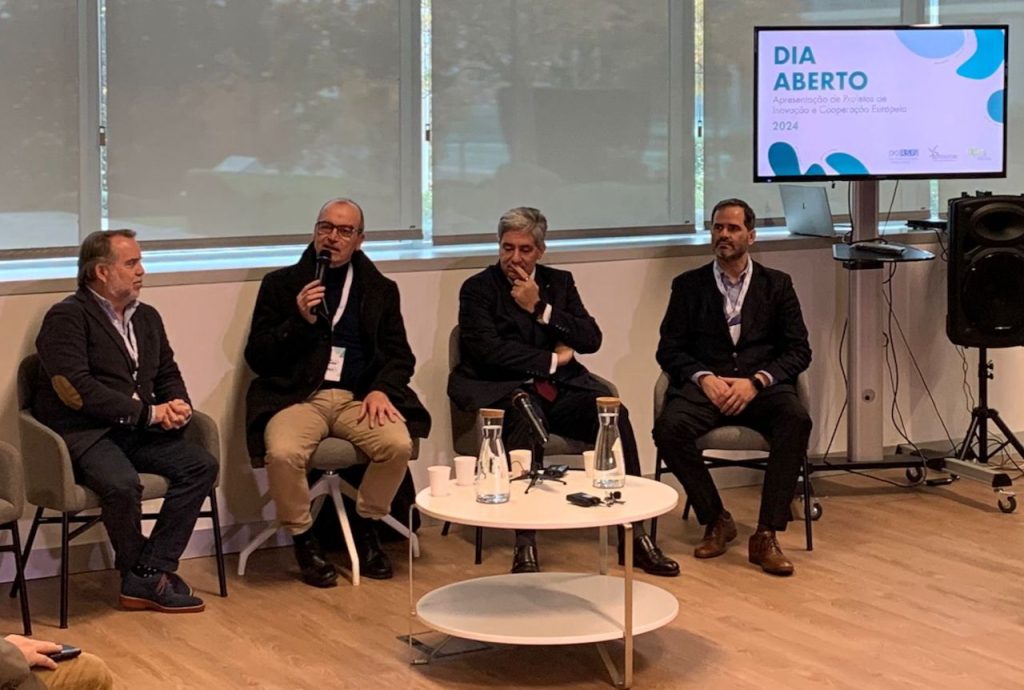
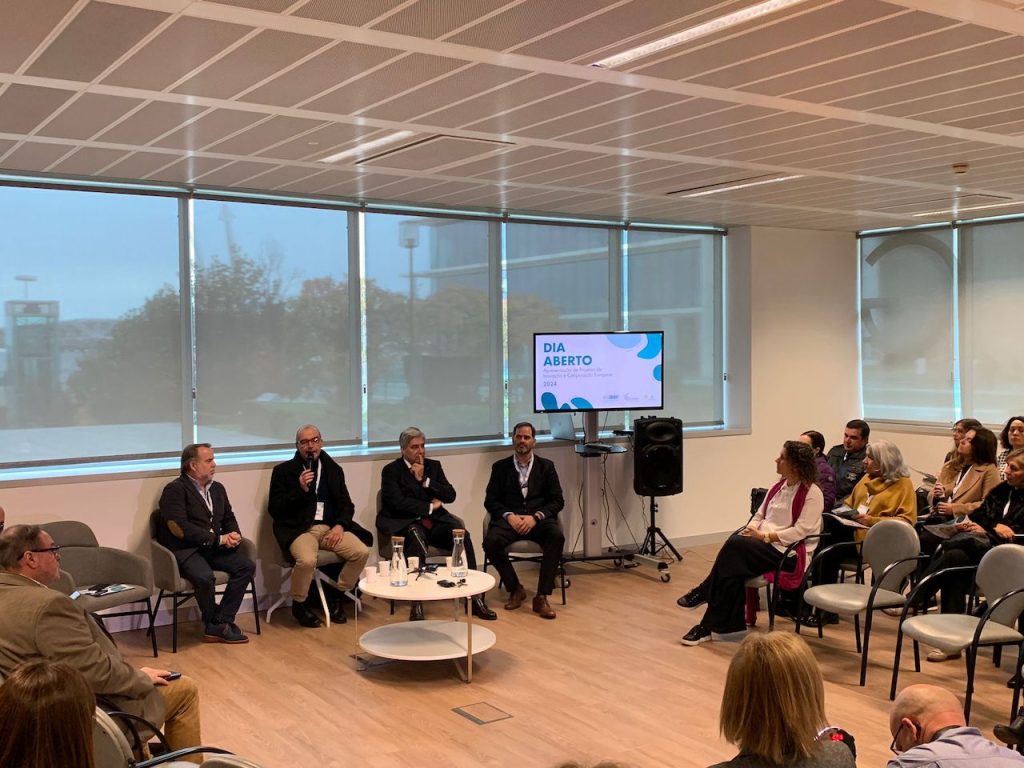
Discussing a multifaceted approach to modernise the justice system
The event’s round tables provided a platform for in-depth discussions on critical issues shaping the future of the prison and justice sectors. The discussions centred around crucial topics such as professional training, the integration of climate and digital transitions, the vital role of family support in rehabilitation, and the importance of community involvement in the social reintegration of individuals.
The pivotal role of volunteering was highlighted, exploring how community engagement can support the social reintegration of individuals transitioning out of the justice system. Similarly, the focus on family pathways underscored the importance of empowering families as a foundational pillar in rehabilitation and reintegration efforts.
The round table on Climate and Digital Transition addressed the dual imperatives of sustainability and technological innovation to transform the prison sector. Pedro das Neves addressed some of the challenges of the digital transition, highlighting the importance of technology in supporting security and rehabilitation in the prison context. During his intervention, Pedro provided examples of successful cases where technology has been implemented in various parts of the world, demonstrating how technological
innovation can transform the prison system.
On the topic of staff training, the necessity of continuous professional development to elevate the quality and effectiveness of practices across the justice system was emphasised, ensuring it remains responsive to evolving challenges and standards. Dr. Carolina Pereira, coordinator of the Correctional Staff Management and Development Portfolio at IPS, outlined the challenges facing the training and continuous updating of professionals’ skills in order to respond to new realities.
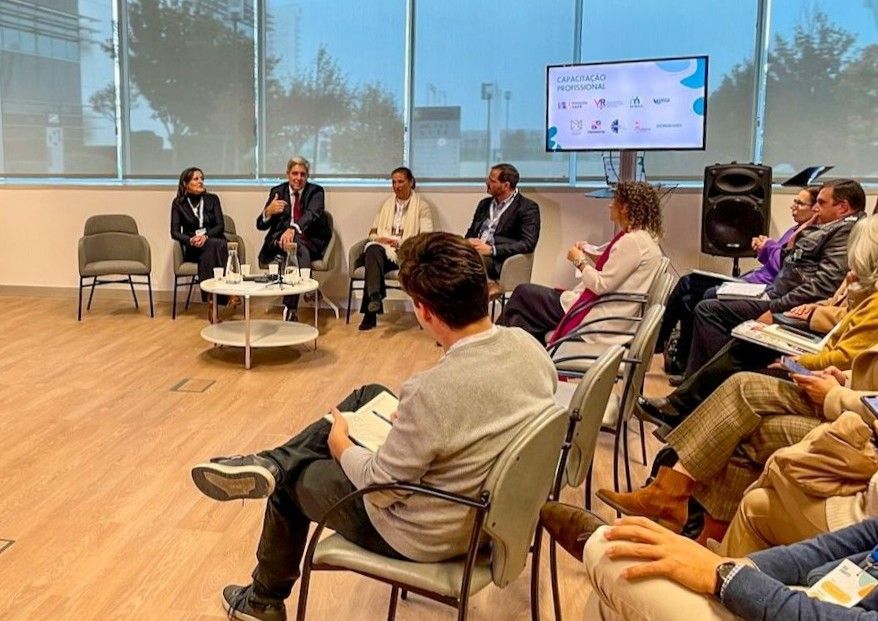
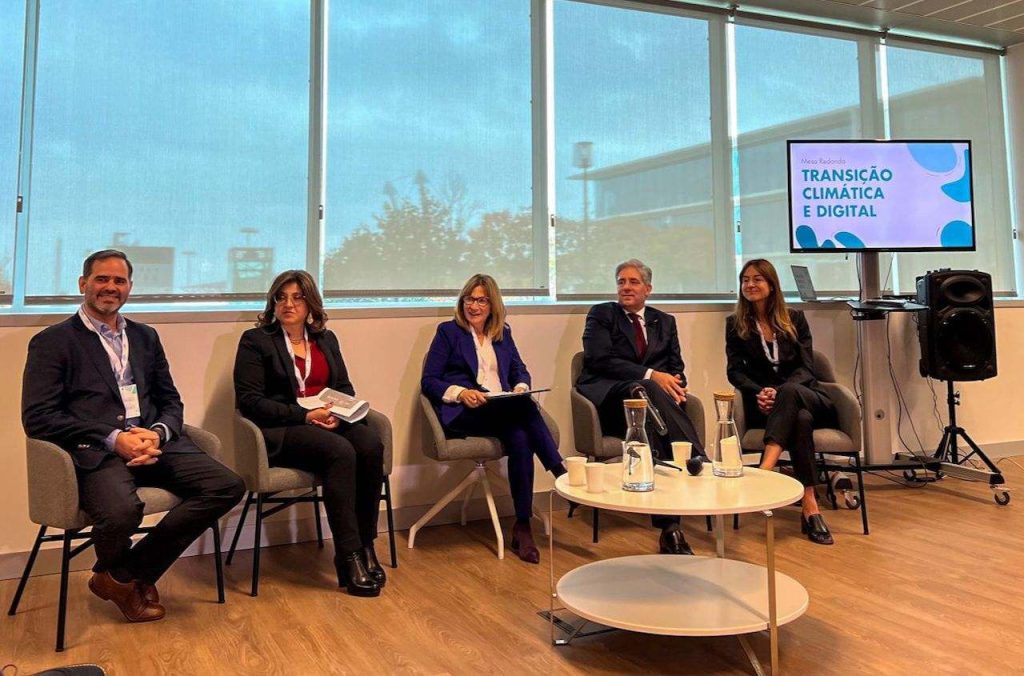
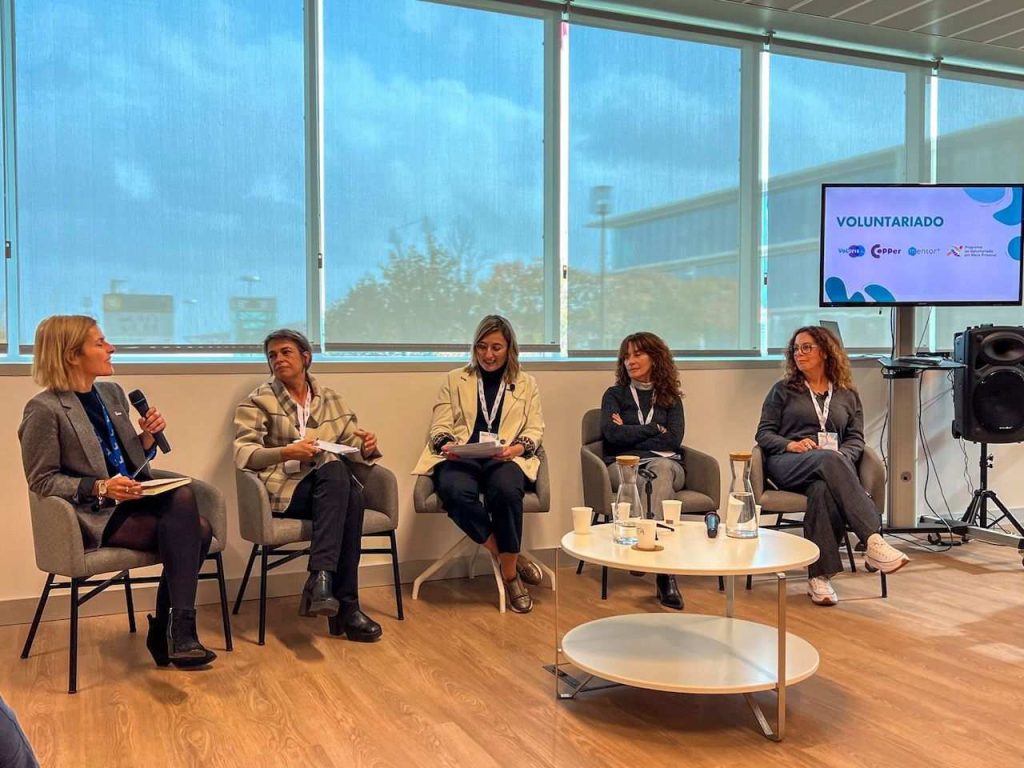
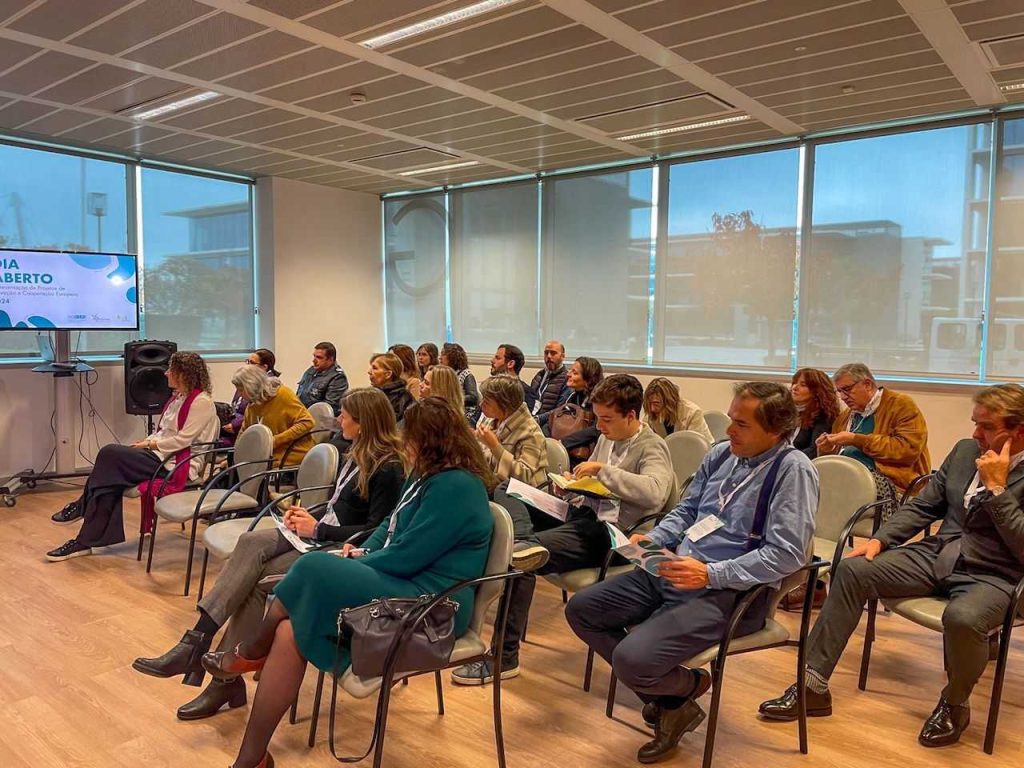
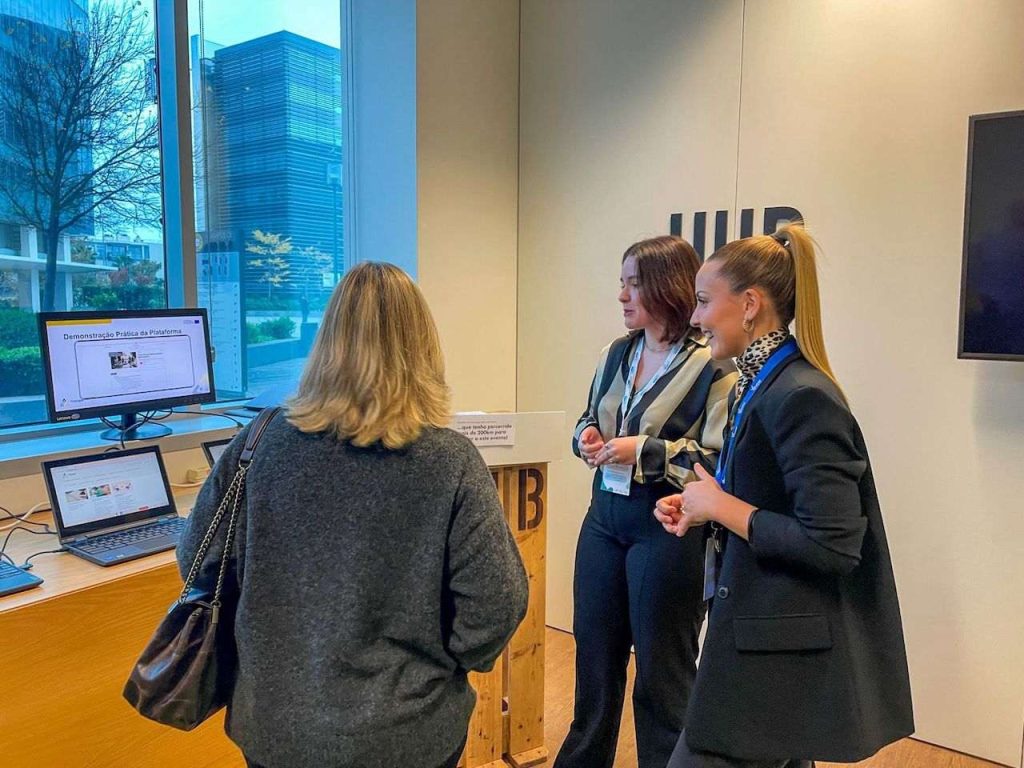
These discussions underscored the multifaceted approach required to modernise the justice system and create a more inclusive, sustainable, and effective framework for reintegration and rehabilitation.
The active participation, insightful contributions, and shared reflections of all speakers, moderators, and attendees were instrumental in making this event a significant success. Such meaningful discussions play a crucial role in fostering the development of innovative and sustainable solutions that ultimately benefit society at large.
Related news
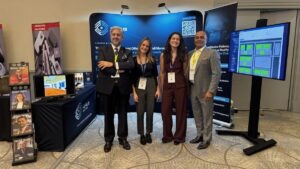
Shaping the future of rehabilitation with immersive tools and smart systems at ICPA 2025
Read More »